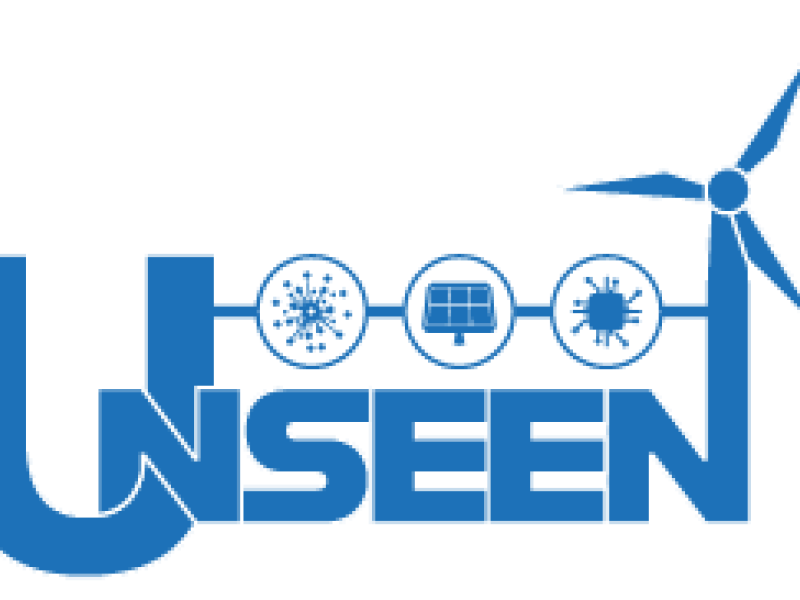For the development and analysis of energy scenarios, the application of models is crucial. Considering the fact that energy systems analysis is an important instrument for policy advice, the question of the reliability of scenarios is essential, as these scenarios are subject to a large number of uncertainties. This challenge is addressed in UNSEEN. By inspecting a very large parameter space, a hitherto unattained number of model-based energy scenarios is to be evaluated. In particular, this also includes extreme and disruptive scenarios.
In the past, the main obstacle to applying extensive parameter variations to energy scenarios was computing time. This issue is also addressed in UNSEEN. In the predecessor project BEAM-ME, considerable success concerning the reduction of computing times of extensive and complex energy system optimization models has been achieved by the development and application of the open source solver PIPS-IPM++. This in general has laid the foundation for the application of high-performance computers to solve such large models.
However, PIPS-IPM++ is a solver suited for continuous, linear optimization problems. For the modelling of real infrastructures and the derivation of concrete measures for the implementation of the energy system transformation, however, considering of discrete decisions is indispensable (for example, decisions for the investment in a certain storage power plant at a particular site are discrete). Solving the resulting optimization problems represents an additional challenge, which is addressed by the project’s central methodological approach – the training of neural networks by “reinforcement learning". Among other things, this method should enable a fast "prediction" of the results of an optimization problem in order to provide a hot start solution for a deterministic solver algorithm. Based on PIPS-IPM++, this method should enable solving of so-called mixed-integer linear optimization problems on high-performance computers.
Based on the results of the parameter variations for energy system optimization problems, detailed analyses of the scenario space are performed by means of model couplings (e.g. with REMix and AMIRIS) and statistical analyses. For this purpose, indicators are determined which provide information on essential aspects of the adequacy, operational safety and economic efficiency of the corresponding scenarios of future energy systems.
